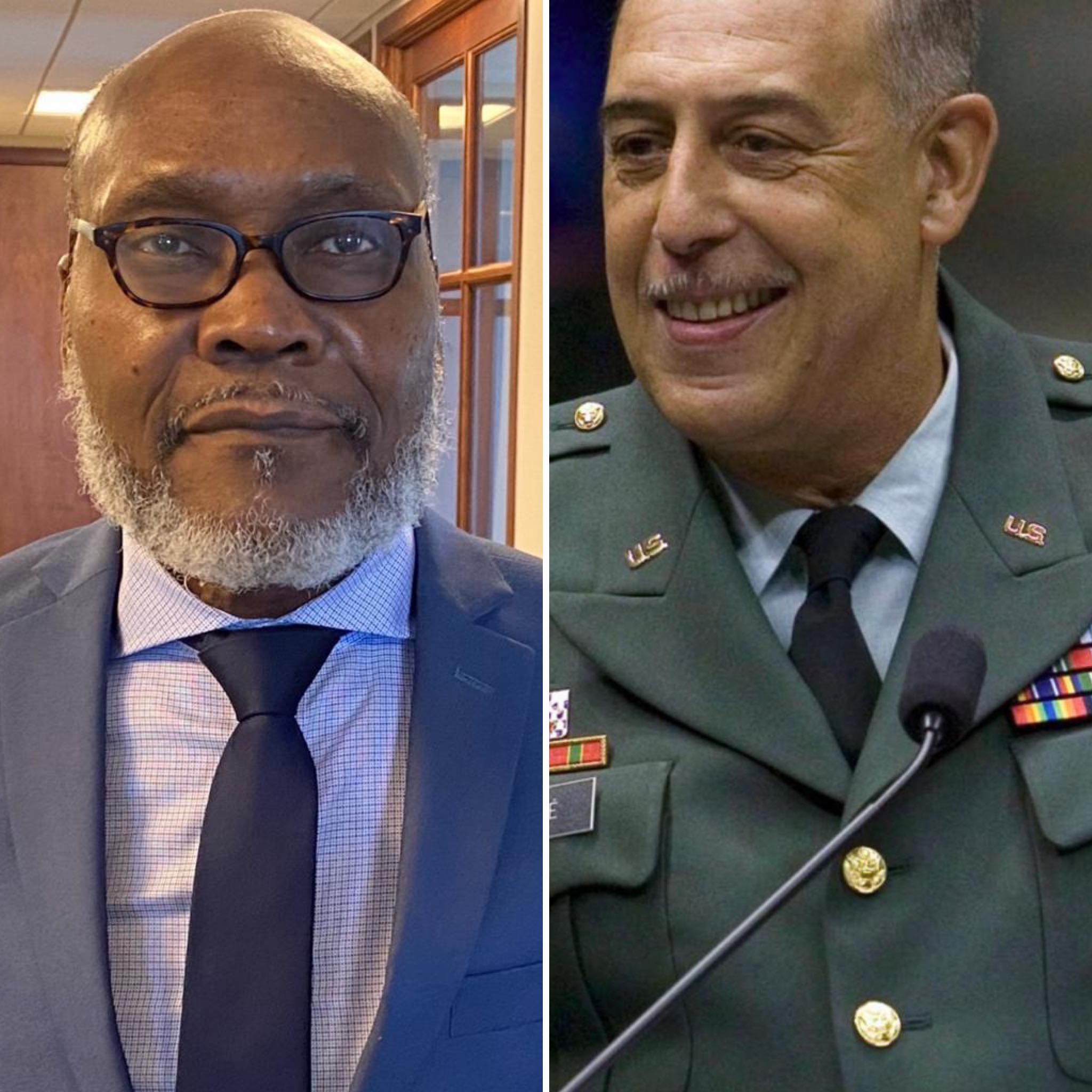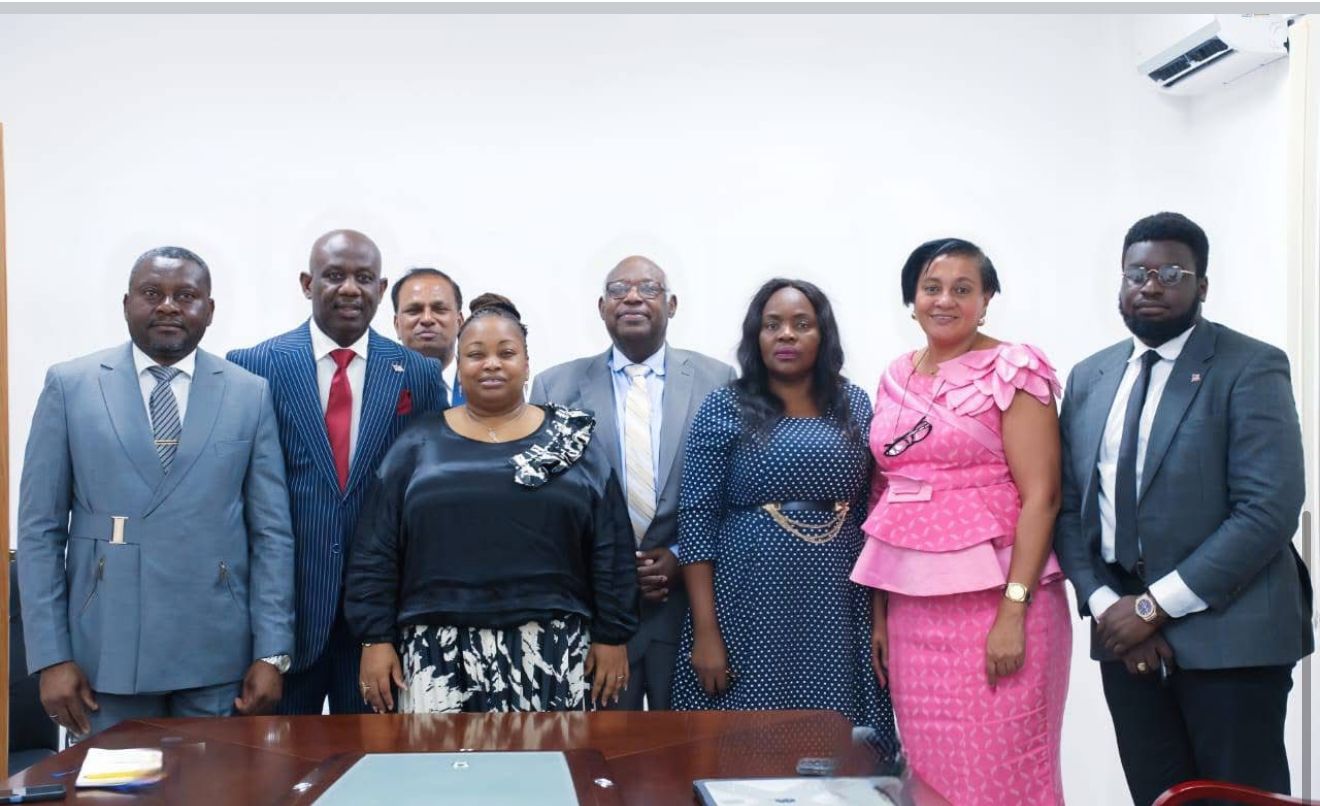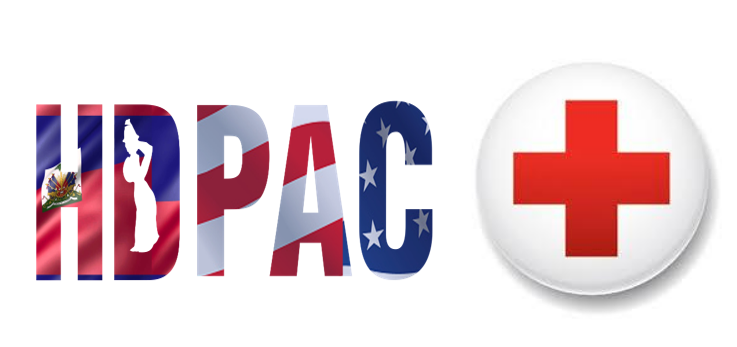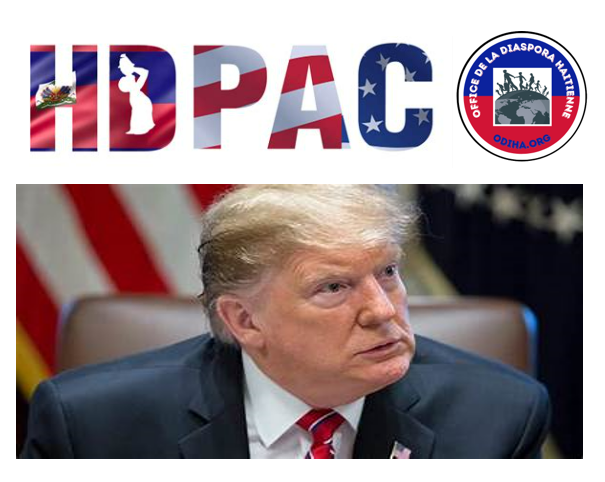|
Getting your Trinity Audio player ready...
|
By Léo Joseph
Haiti Observateur
Created under the name “Haitian Diaspora Political Action Committee” (HDPAC), this organization aims to provide the Haitian communities overseas with new ways to conduct political strategies toward their political, economic and social development both in Haiti and in their respective adopted countries. The implementation of new concepts will help overcome obstacles faced by citizens of Haitian descent seeking elected office, in addition to influencing policy, in the United States and in other countries with large Haitian populations.
This innovative approach is the brainchild of Emmanuel Roy, Esq., with the collaboration of other friends, including Haitians of more than one generation. While initially focusing on communities based in the United States, the project aims to expand to Haitian expatriates in countries on other continents. The ultimate goal is to promote the socio-political and economic integration of communities of Haitians who have left the motherland to settle permanently abroad. Since North America is the place, where the vast majority of Haitian expatriates, more than one million, are to be found, it is understandable that HDPAC intends to invest all of its resources there, while expecting that efforts will be made later to repeat the experience elsewhere.
Such a project implies the implementation of a system of registration of Haitians, all categories included, throughout the 50 states of the Union, before extending the process to Canada and elsewhere in the world. Obviously, its success in North America will help accelerate the effort to organize Haitian communities in other countries.
A project launched by lawyer Emmanuel Roy
The HDPAC is a project launched by the Haitian-American lawyer Emmanuel Roy, at the invitation of a group of Haitians and others of Haitian origin who are committed to the idea of working for the socio-political promotion of Haitian communities. Invited to give substance to this initiative, he said he felt it necessary to conceive this organization differently from those that have been created so far. In this perspective, he thought it necessary to call upon professionally, socially and politically well rated personalities, who are likely to influence political decisions, at all levels of public administration. Also, he’s called upon Haitians of all categories, recent immigrants and those of generations who were born abroad, as well as on foreigners fully convinced about the full integration of the Haitian community in general, in the socio-political life of their adopted country. In other words, it’s envisaged that the Haitian should be totally and sustainably integrated. In Mr. Roy’s view, such objectives require expertise and people with solid contacts at all levels of society, especially in the political field, who are capable of influencing decisions.
In Emmanuel Roy’s view, the main purpose of the HDPAC is to elect officials at all levels who can contribute to the advancement of the broad Haitian community, including the election of Haitians to elected positions in the diaspora. In addition to supporting progressive, competent and corruption-free candidates who aren’t necessarily Haitian. Such objectives require the investment of significant sums of money during electoral campaigns in the United States and Canada, as well as in Haiti. Because, Roy argues, the Haitian communities also need political assets to make their mark in their adopted countries. The offspring of Haitian immigrants must also rely on their political weight in the balance of power to achieve collectively attainable goals. Therefore, he says just like a political party, the organization must have a well-endowed fund to help finance election campaigns of candidates committed to promoting the objectives of their communities. .
In order to ensure the success of the organization, the organizational foundations are put in place from its birth, providing for the different functions aimed at its articulation in various fields. This is reflected in the HDPAC’s organizational chart, which includes the Board of Directors, the Administrative Framework, the Administrative Committee, the Advisory Council and the Standing Committees. The latter are categorized as follows: Policy Steering Committee, Finance Committee, Governance Committee, Ambassadors PAC, Fundraising Committee, Public Relations Committee and International Affairs Committee.
The selection of individuals to serve on the HDPAC speaks volume about what its organizers are striving for. The Executive Council is composed of Dr. Georges J. Casimir, psychiatrist, president and chair, and Maybelle Jadotte, vice president (who is under 30), Renée Ballantyne and Emmanuel Roy, secretary.
The administrative advisors are David Alexis, Nasser Gamal, Frankie Louis, Jean Vernet, Valerio Saint-Louis, Emmanuel Coffy, Georges J. Casimir, Emmanuel Roy, Dominique Jean, Maybelle Jadotte, Renée Ballantyne, Donald Lively and Jude Chadi Gene.
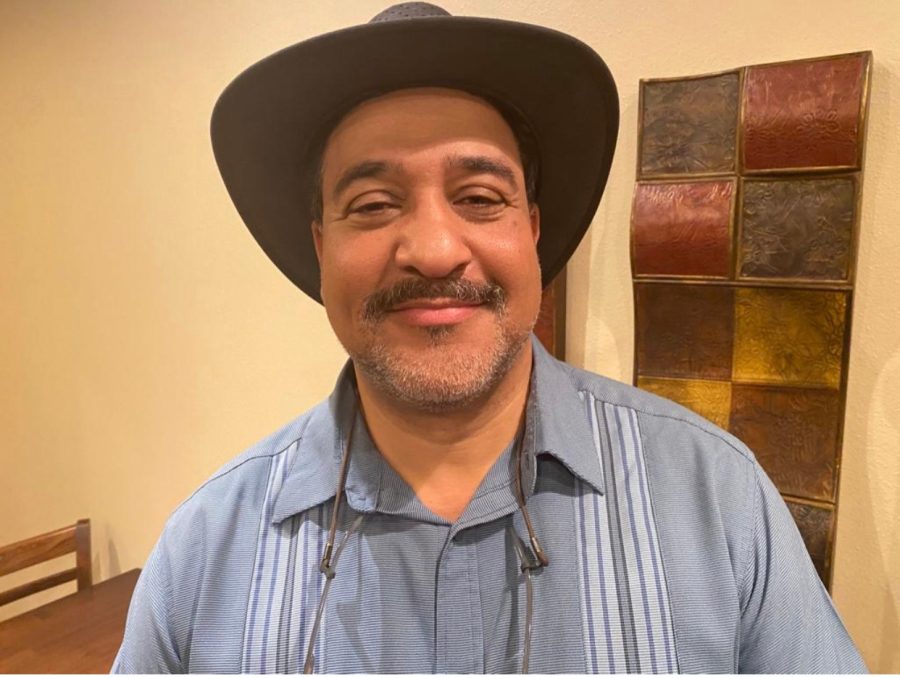
Professionals of various skills, having great political and social influence are called upon to form the different committees of the HDPAC, with the idea of increasing the organization’s scope of action. This is the case, for example, with the Advisory Committee, which includes former Dominican President Leonel Fernandez, retired U.S. General Russell L. Honoré, Chancellor John Pierre, former Florida Senator Daphne Campbell, Rajat Gupta, former CEO of McKeon and Company, Anna Marie Reynaud, CEO of GPSI, George May Figaro, Esq, Dr. Jacques Bingue, Dr. Dinka Talla, Dr. Karl Latortue, Willie Gary, Esq, Daphne Leblanc, Esq, Patrick Yacht, and Dr. Bob Rousseau.
HDPAC President, Dr. Georges J. Casimir, a defector from the Haitian Medical Association Abroad (AMHE), joined HDPAC with a dream of a strong DPAC that he had not been able to set up within the AMHE. Dr. Casimir reveals that he always had believed that it was necessary to provide the Haitian Medical Association with adequate financial means to successfully carry out concrete policy initiatives for the benefit of the Haitian community. However, he says, this ambition could not be realized because the president of the AMHE argued against that strategy, considering it inappropriate.
Although he had joined the HDPAC, Dr. Casimir, who has a remarkable experience in the medical world, was reluctant to agree to Emmanuel Roy’s request to become its president. But with strong arguments, Roy finally convinced him and he changed his mind. In this regard, Roy revealed that on the day Dr. Casimir accepted the proposal to become the HDPAC chair, the discussions lasted several hours, “going on until 2 a.m.”
Another person in HDPAC who is attracting attention is Maybelle Jadotte, vice president of the organization. The youngest member of the executive, unlike the president (Dr. Casimir), she was born in the United States. Yet, she is deeply attached to Haitian culture and was naturally drawn to HDPAC. And Mr. Roy is pleased to have discovered her.
A born leader, Ms. Jadotte declares herself a black woman first, before being Black American or Haitian. While looking forward to taking on a leadership role, she says she is always willing to serve. Aware also of the bad press Haiti has received, especially the negative and disconcerting stories about the country, such as the recent episodes of Haitian refugees who have gathered on the U.S.-Mexico border, entering Texas, before being deported by the thousands to Haiti, all that has not diminished her Haitian pride one iota. For she is inspired by Haiti’s rich history that has served as inspiration to many people. She is happy to make a great contribution to her parents’ homeland through the activities of HDPAC.
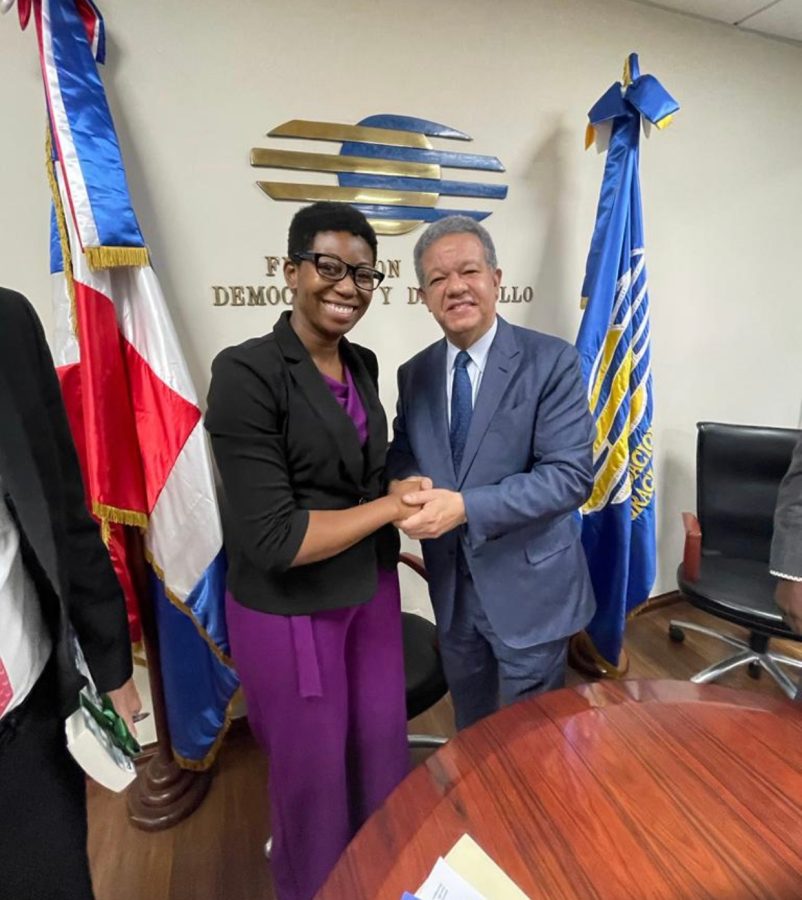
When asked about his involvement in HDPAC, lawyer Emmanuel Coffy who, in the past, had invested his time and skills in other Haitian organizations in the diaspora, did not hide his enthusiasm to participate in this organization. To the question of knowing “what are you looking for in this galley”, given the turpitudes which characterize Haiti, under the leadership of incompetent and corrupt leaders, and the feeling of “Haiti fatigue” inhabiting many, Coffy, the astute lawyer, answers point-blank: “I have no choice!” This short sentence conveys the solid commitment that Haiti needs at a time when its leaders are behaving like super delinquents. After all these years of open collaboration with groups working for the sustainable development of Haiti, Emmanuel Coffy has not lost one single ounce of his commitment to his native country.
While HDPAC has the largest number of Haitian-Americans born outside of Haiti, it also boasts the largest number of non-Haitians. In this category Donald Lively stands out. He serves on the Board of Directors and on the International Affairs Committee.

Mr. Lively became affiliated with HDPAC through the initiative of Emmanuel Roy, whom he taught at the law school he founded, Florida Coastal School of Law, in the 1970s. Currently involved in the establishment of academic institutions in Haiti, in collaboration with some Haitian citizens, he has made several trips there and has many friends and Haitian collaborators. Thus, he did not hesitate a bit when he was invited to join the organization. Especially, he said, since the call came from one of his “brilliant students.”
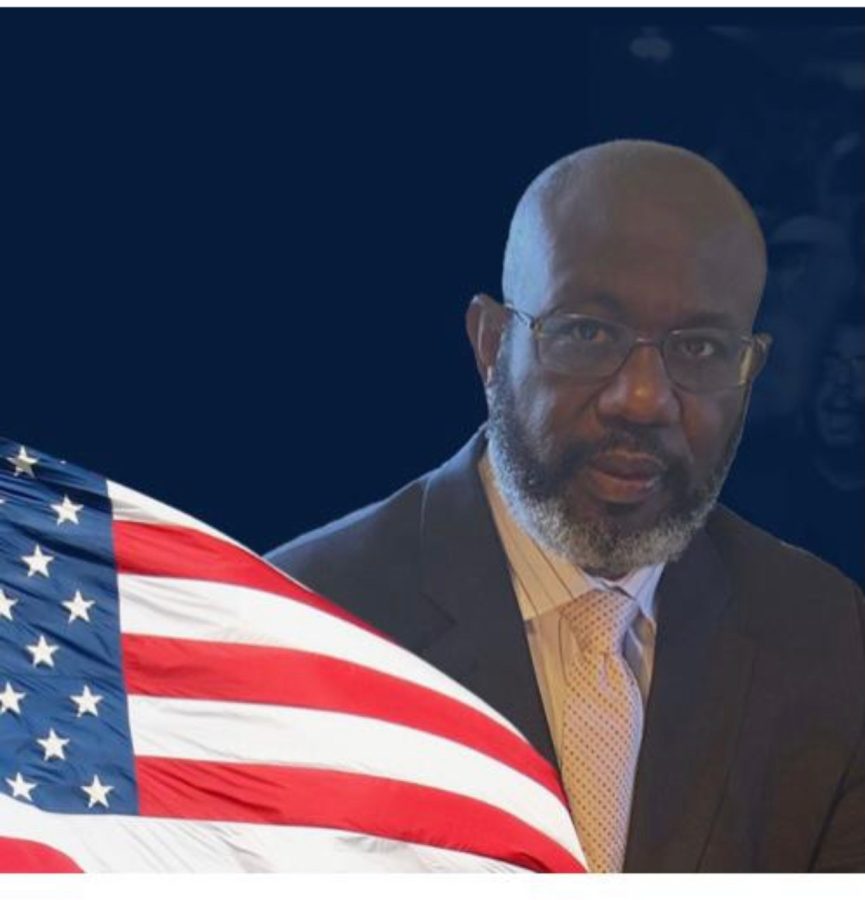
Under the leadership of Emmanuel Roy having assembled a multidisciplinary, multi-ethnic team from diverse backgrounds, with sterling reputations, he has the potential to change the game, as far as Haiti is concerned. In the views of the leaders of this structure, everything will be implemented to make the integration of the Haitian communities in their adopted countries a reality, as well as the economic, political and social development of the motherland, through its expatriate sons and daughters.
L.J.

